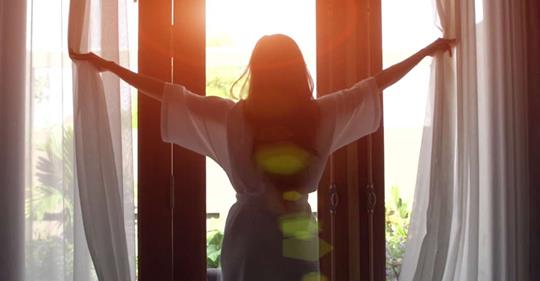
(Maria Cohut/ Medical News Today) — Do sleep-wake preferences influence our risk of depression? A new study confirms that they do, and “morning people” are on the winning side.
People’s chronotypes — that is, their sleep and waking preferences — could affect their well-being, studies have shown.
Whether we are early birds (early sleepers and risers) or night owls (late sleepers and risers) may affect our chance of developing mental health issues such as depression.
Researchers from the University of Colorado Boulder and the Channing Division of Network Medicine at Brigham and Women’s Hospital in Boston, MA, have decided to investigate the relationship between sleep-wake preferences and the risk of depression.
They did so by looking at the data of a set of participants from the Nurses’ Health Study II, a large, ongoing population study focused on identifying the risk factors for major chronic diseases in women.
“Our results show a modest link between chronotype and depression risk,” notes lead study author Céline Vetter. “This,” she adds, “could be related to the overlap in genetic pathways associated with chronotype and mood.” (…)